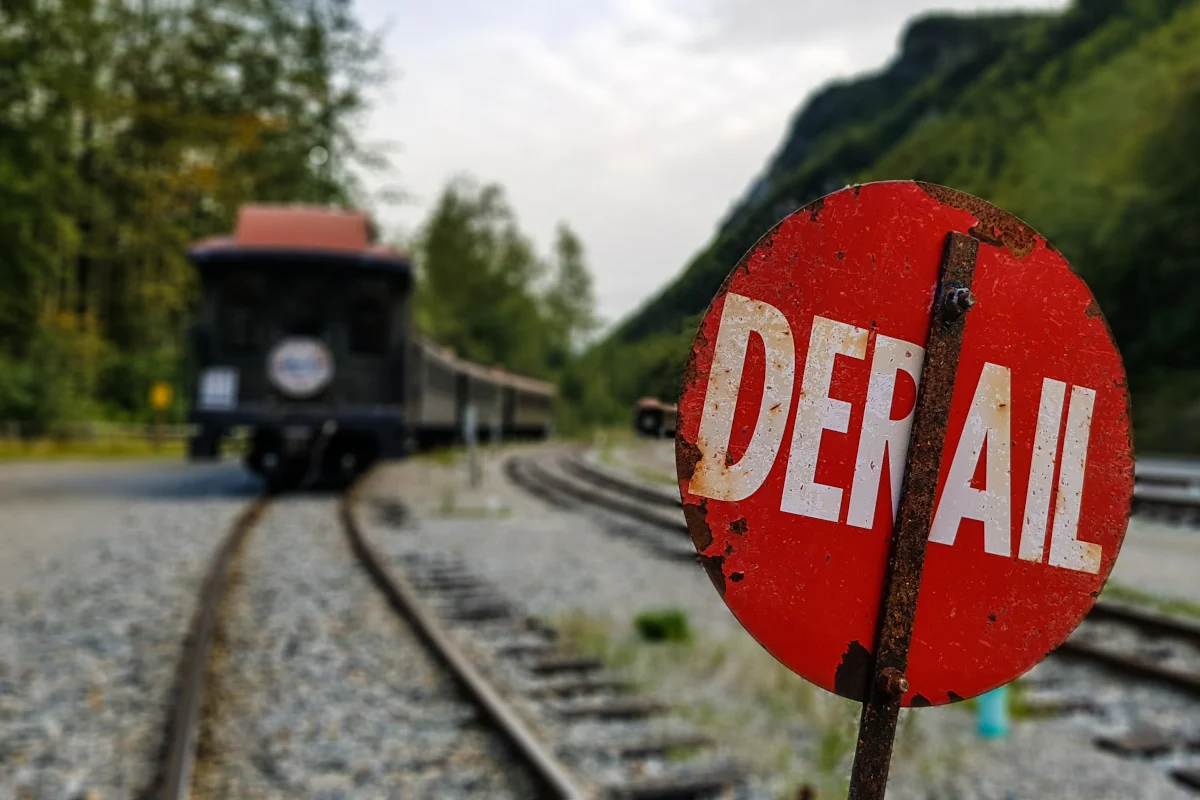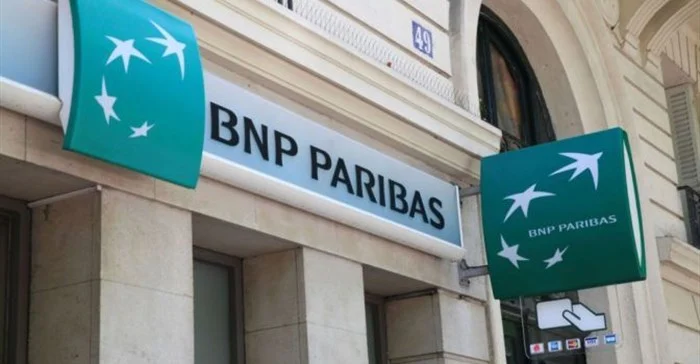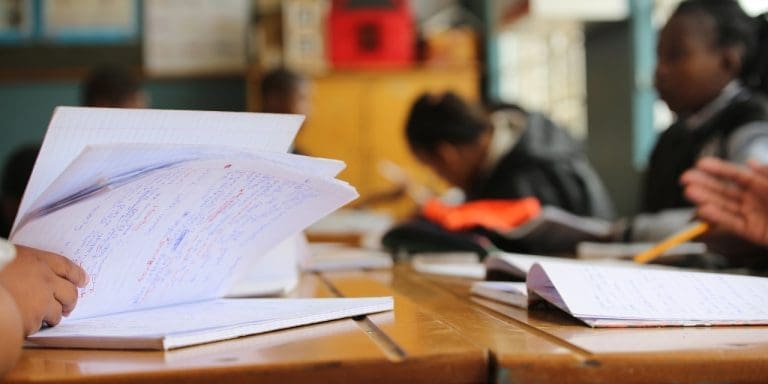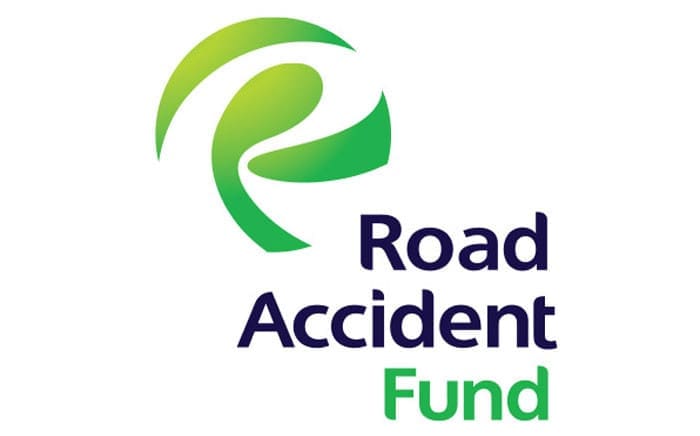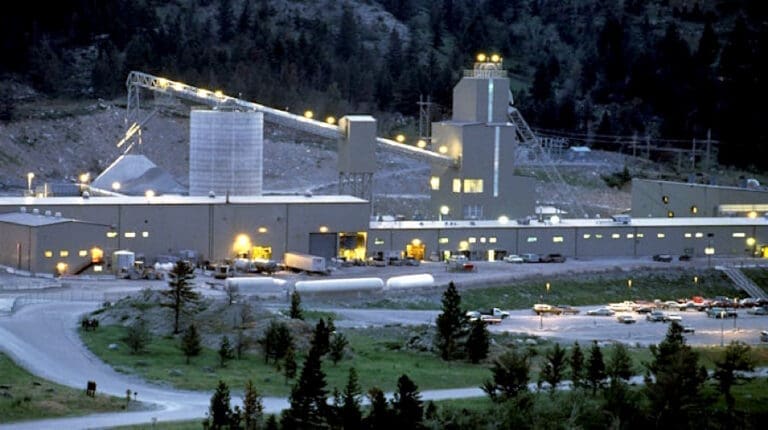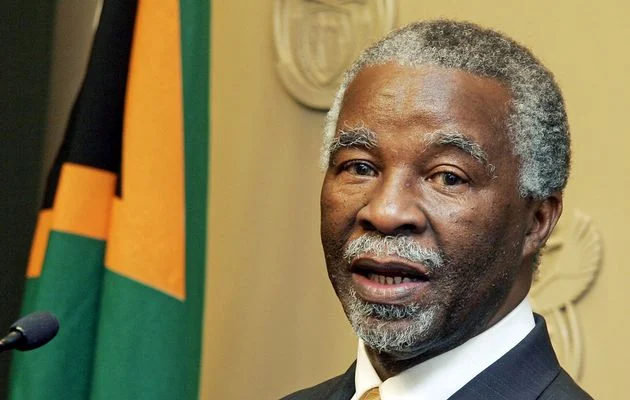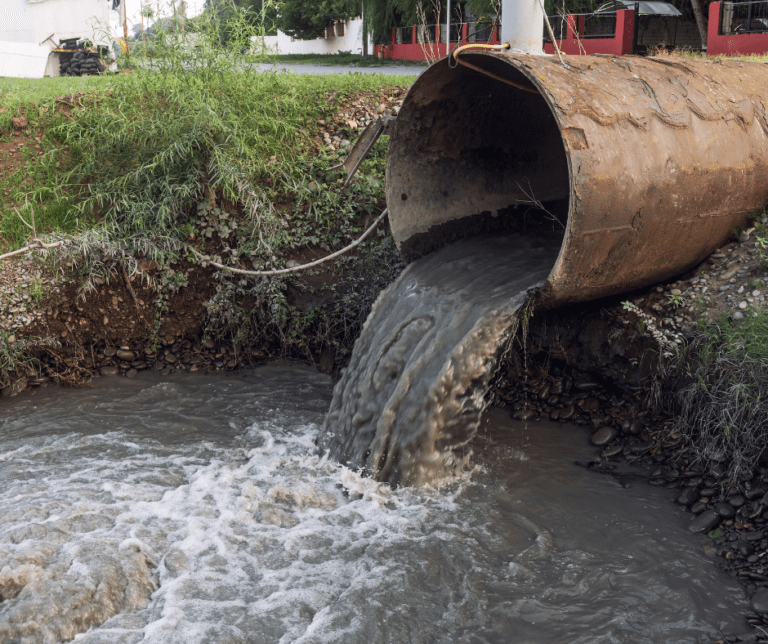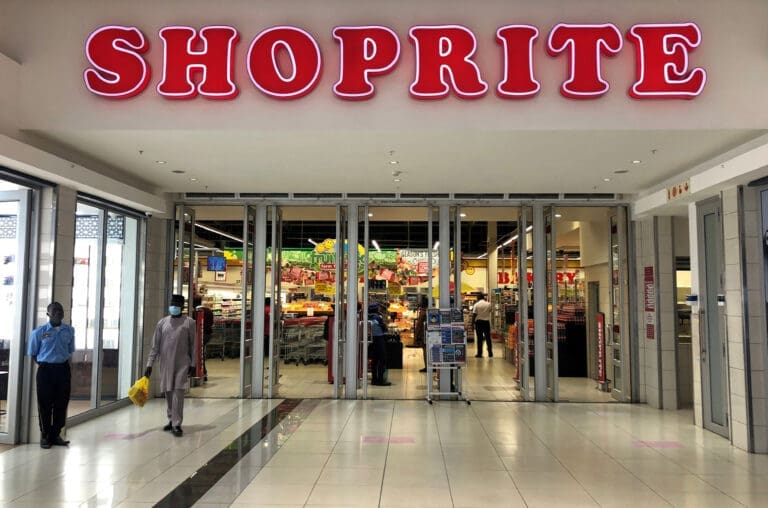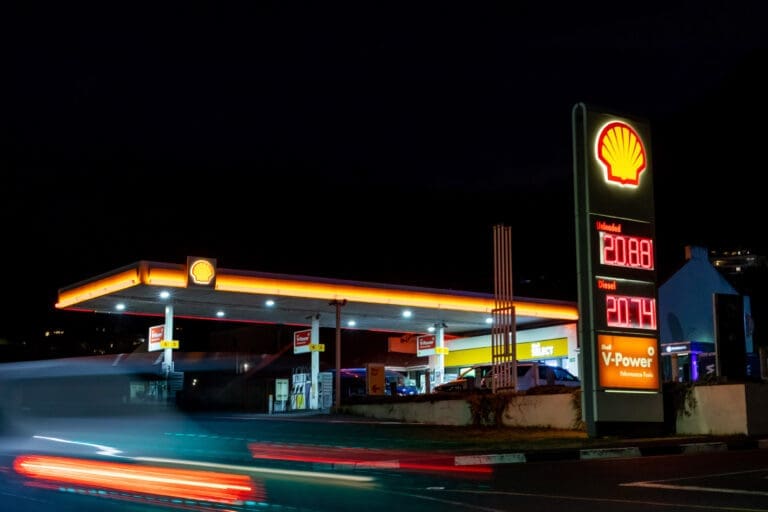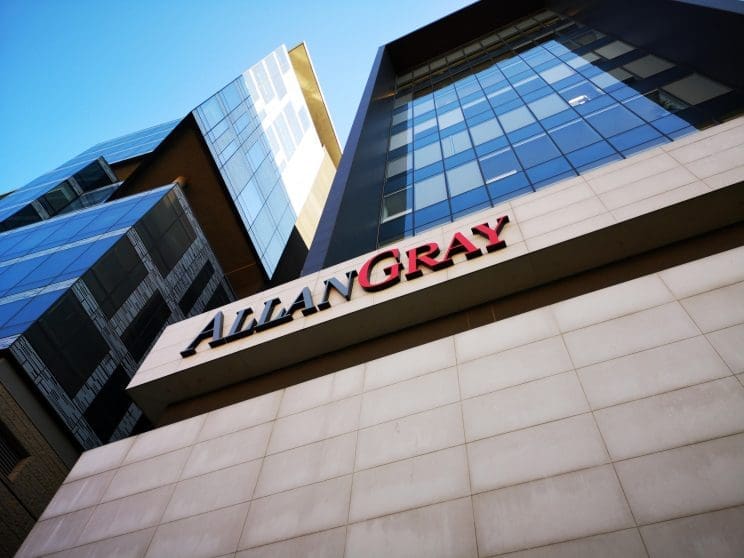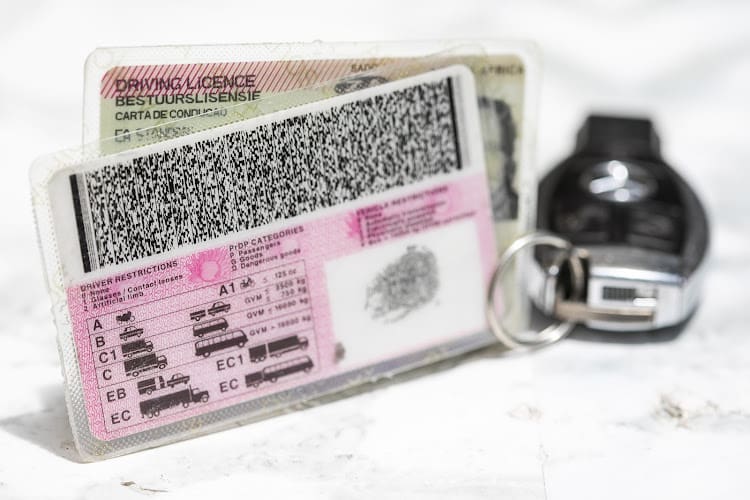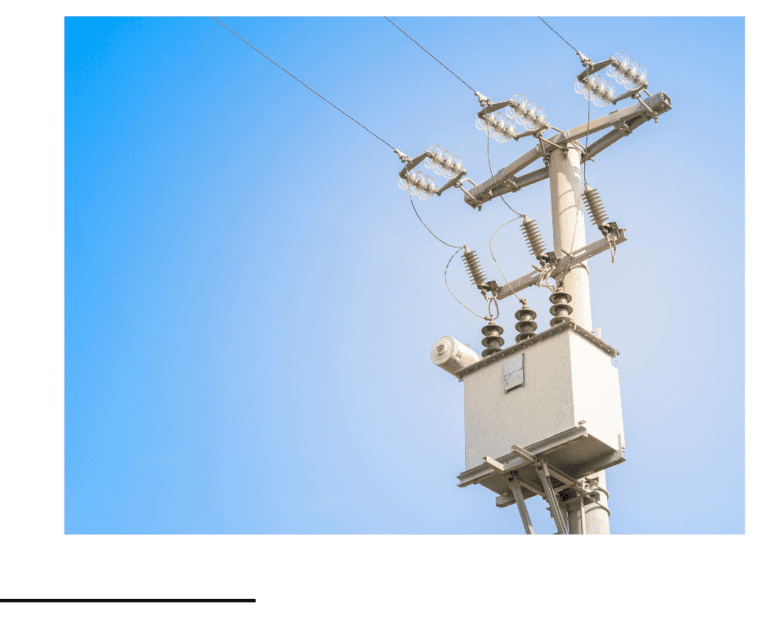In a landmark development set to transform regional trade dynamics, Botswana is witnessing unprecedented interest from global investors vying to construct a cutting-edge rail line, the Trans-Kalahari Railway. This ambitious 1,500-kilometer infrastructure endeavor aims to establish a direct link to a Namibian port, bypassing South Africa’s increasingly strained logistics network, ultimately enhancing trade prospects and economic vitality in the region.
Transport and Public Works Minister Eric Molale recently disclosed that the project has gained substantial traction due to mounting challenges faced by Transnet, the state rail and ports monopoly in Botswana’s neighboring South Africa. Molale revealed, “In June, we learned of extensive waiting periods averaging a minimum of two weeks at all South African ports for offloading and loading goods, causing significant delays and disruptions.”
Distinguished investors from the UAE, Qatar, China, India, and other nations have expressed keen interest, recognizing the potential of this railway project as a comparatively shorter and more efficient logistics route. Minister Molale emphasized, “Major global players view this railway as a viable alternative, offering swift connectivity compared to the congested South African ports.”
The deteriorating performance of Transnet has emerged as a substantial economic impediment for South Africa, contributing to unexpected growth contractions compounded by power outages. This logistical strain has ramifications not only for South Africa’s economy but also poses potential constraints on neighboring countries like landlocked Botswana. Despite being a significant diamond producer and a key beef exporter globally, Botswana heavily relies on South Africa for its trade, making the development of alternative trade routes crucial for its economic resilience.
Moreover, Minister Molale highlighted the prospective appeal of the Trans-Kalahari Railway for companies based in South Africa, citing the shorter transit times it offers compared to routes to the country’s own ports. Notably, sectors such as vehicle manufacturing have expressed interest in leveraging this alternative route for improved logistical efficiency.
The inception of the Trans-Kalahari Railway dates back to 2010, following an agreement between Botswana and Namibia. Originally intended to facilitate coal exports from eastern Botswana, the project’s focus shifted due to declining coal prices and reluctance from financiers to support the sector. Consequently, the project now pivots towards facilitating exports from the burgeoning Kalahari Copperbelt in western Botswana.
Envisioned to traverse the Kalahari Desert, the railway line will span from Gaborone, traversing Namibia to reach Gobabis and culminating at Walvis Bay on the Atlantic coast. This ambitious route aims to alleviate trade bottlenecks and optimize access to global markets for nations in the region.
The Trans-Kalahari Railway is part of a larger regional effort to enhance trade routes. Notably, the United States is endorsing a rail link from Zambia and the Democratic Republic of Congo mines to Angola’s Lobito port, while China is engaged in negotiations to operate a railway connecting Zambia with Tanzania’s Dar es Salaam port. These initiatives underscore the strategic importance of efficient logistics infrastructure in supporting global trade of vital minerals like copper and cobalt, crucial for the global transition to cleaner energy sources.
Since the establishment of a joint bi-national project office in 2015 by Botswana and Namibia, momentum has surged, with 12 companies recently expressing interest in the project. Plans are underway to release a request for proposals in March, targeting commencement of construction by January 2025.
Minister Molale affirmed, “The project has garnered significant attention, with unsolicited bids pouring in from various global entities, signaling immense potential and substantial financial backing for this transformative initiative.”
The Trans-Kalahari Railway project stands poised to revolutionize regional logistics, fostering economic growth, and strengthening trade ties among Southern African nations. As this visionary infrastructure endeavor gains momentum, it promises to unlock new opportunities, bolstering connectivity, and powering the economic aspirations of South Africa and its neighboring countries in the region.


